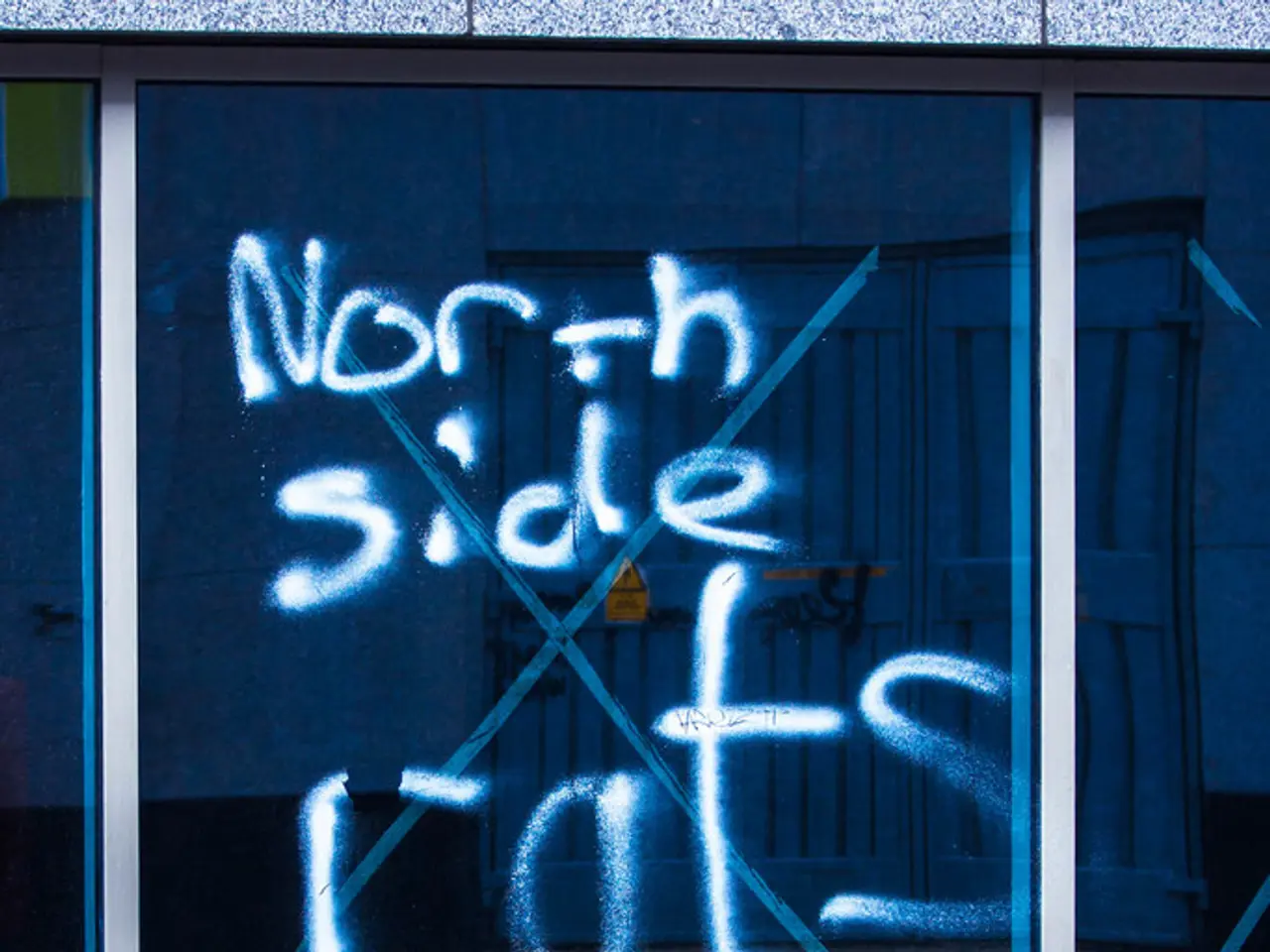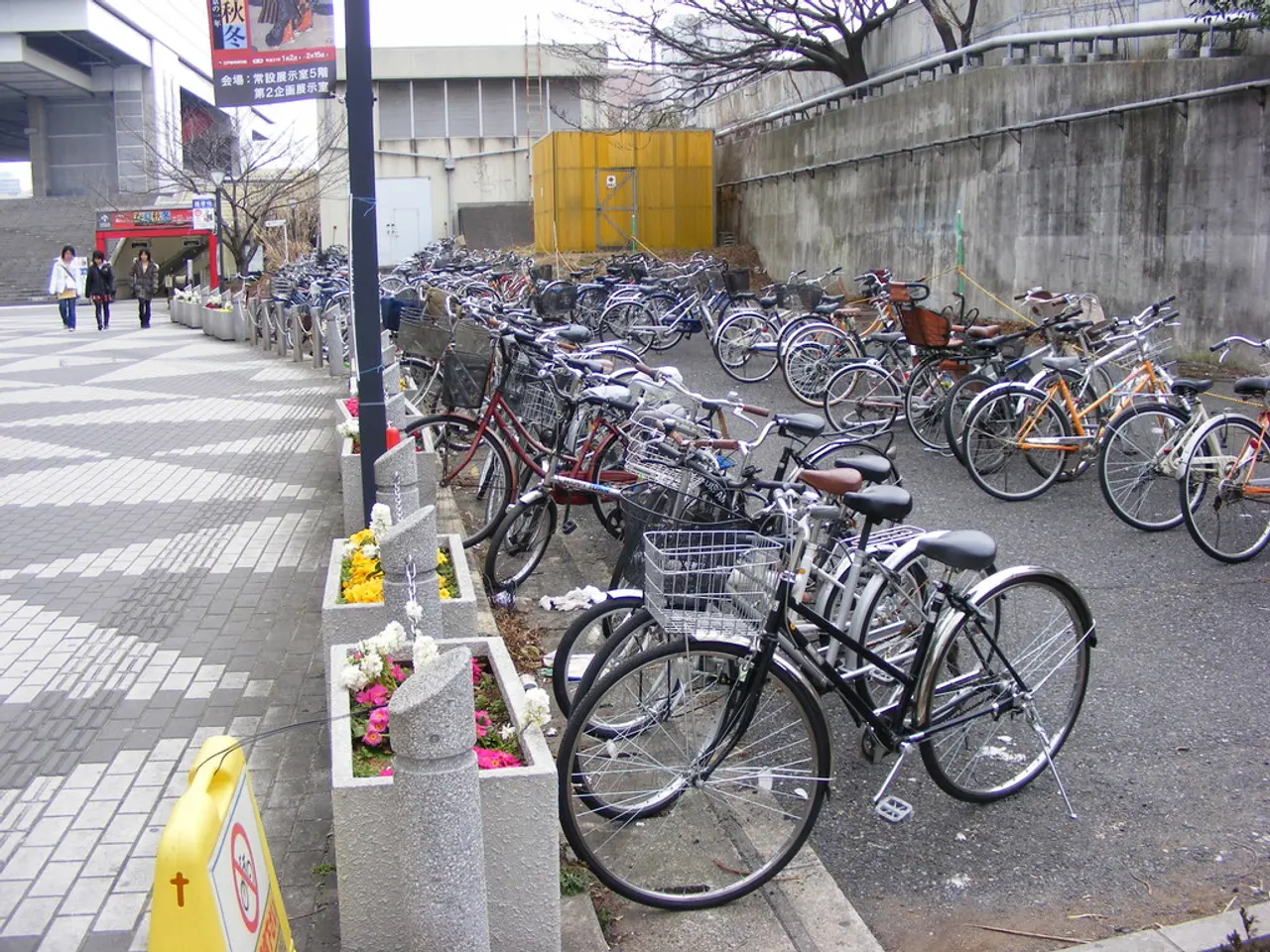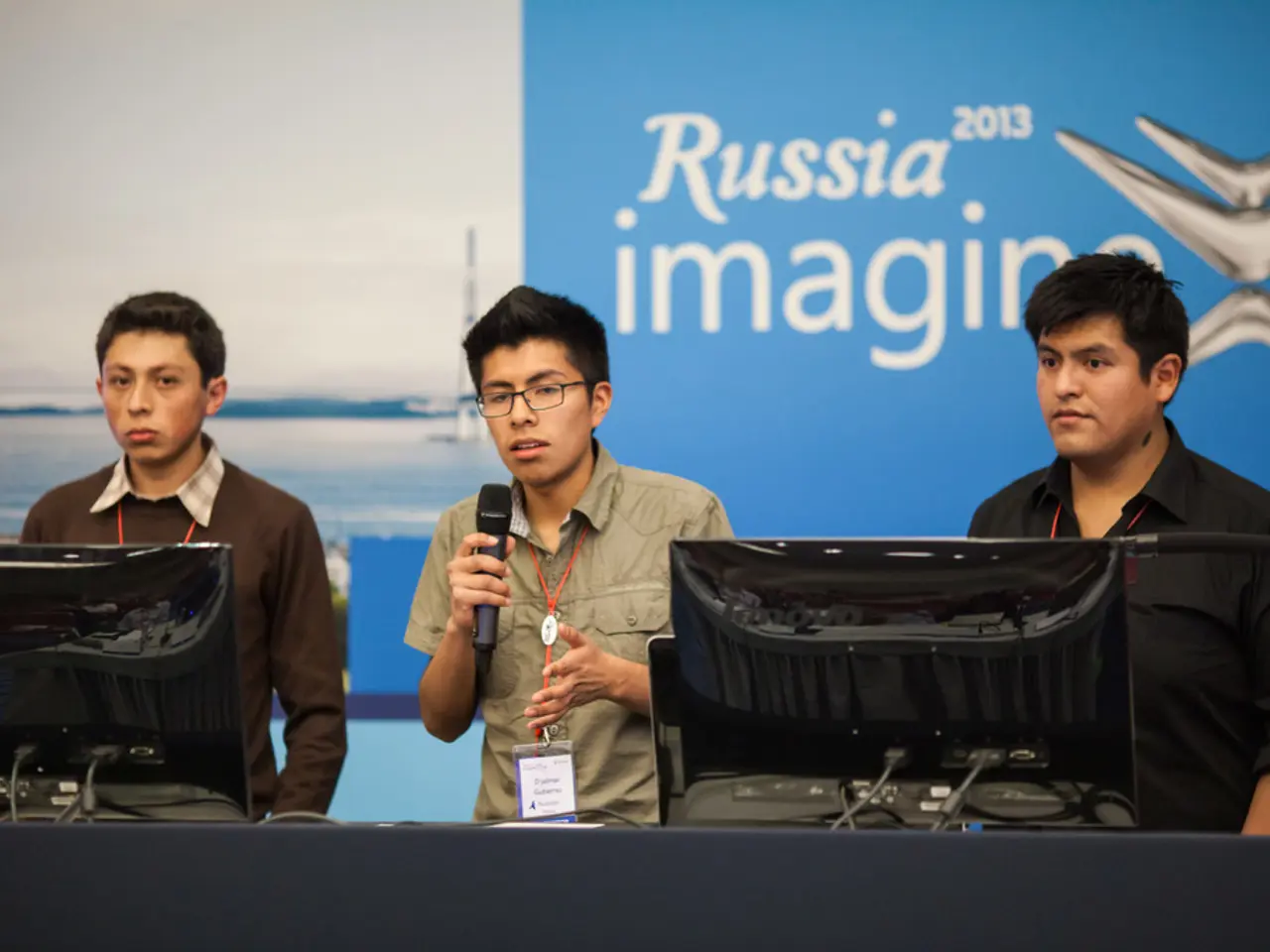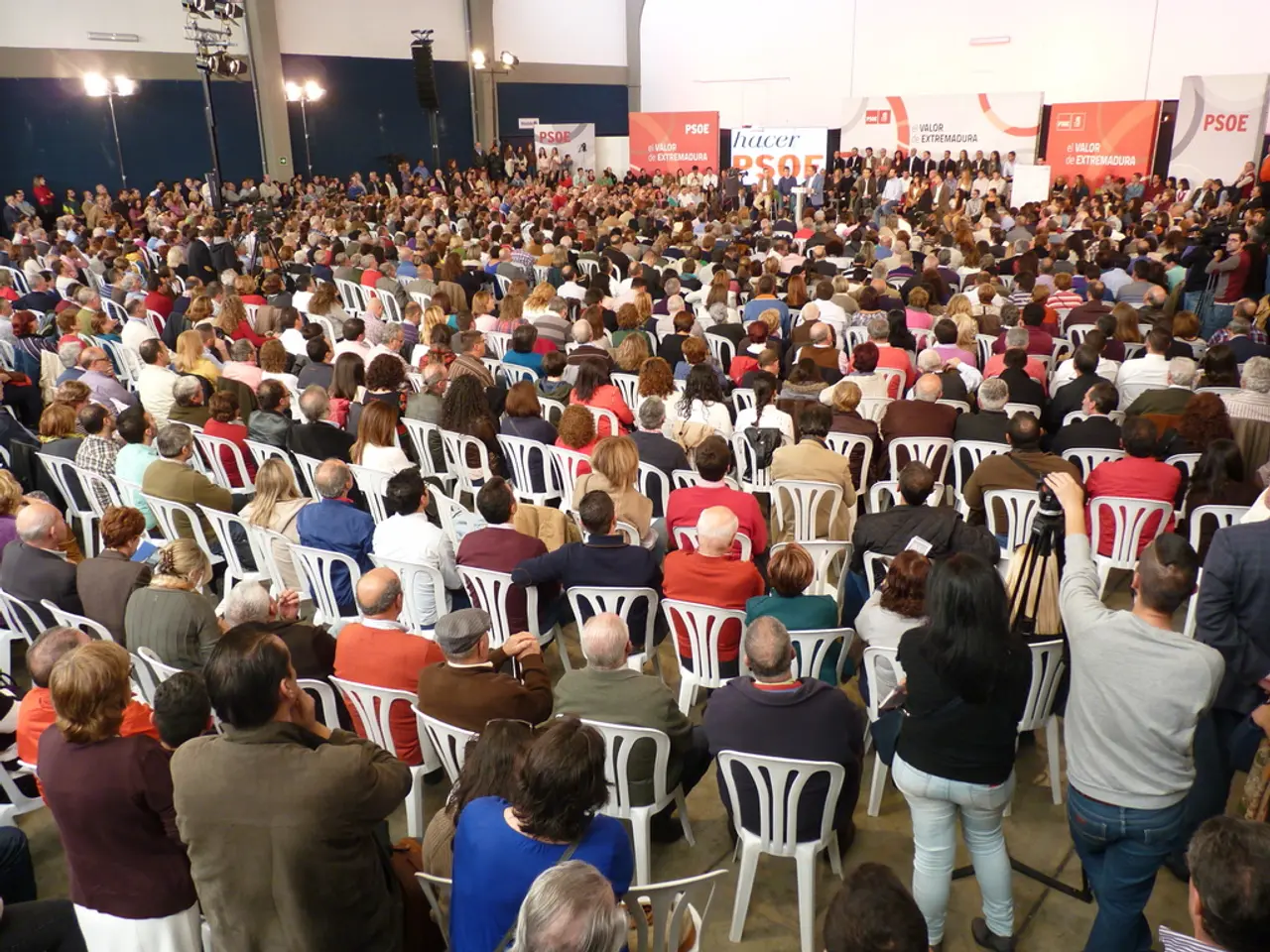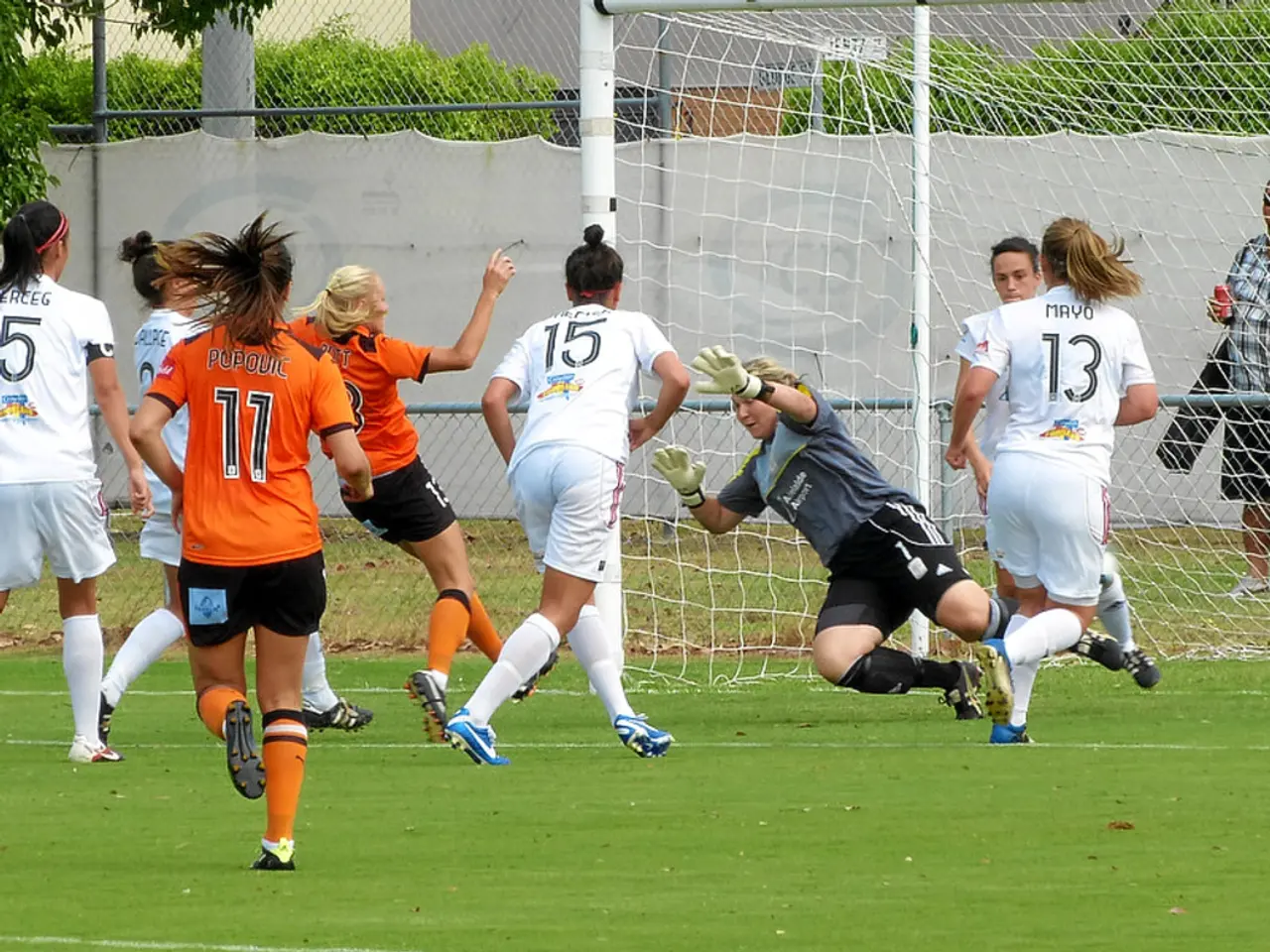German travelers denied entry by Polish border authorities
In response to escalating concerns about illegal migration, human smuggling, and security threats, Poland has reintroduced temporary border controls at its borders with Germany and Lithuania. This decision, announced by Polish Prime Minister Donald Tusk, comes as part of a stricter migration policy aimed at safeguarding citizens' interests and national security.
The controls, which began on July 7, 2025, are temporary and are permitted under the Schengen rules in exceptional circumstances such as serious threats to public policy or internal security. Typically, these controls can be imposed for up to six months but can be renewed if necessary.
The controls are being carried out at 16 official points along the Polish-German border and 3 main border crossing points, along with 10 additional ad hoc control sites, on the Polish-Lithuanian border. These measures have resulted in significant enforcement actions, including the arrest of smugglers and denials of entry to migrants.
Polish border guards have reported notable successes, with about 98 percent of arrests on the Polish-Belarusian border effectively limiting illegal border crossings. However, concerns have been raised about Lithuania's more lenient migration policies, which have reportedly hindered efforts, leading to stricter controls along the border with Lithuania as well.
These developments reflect a coordinated approach between Poland and Germany, both aiming to restrict irregular migration while still affirming their commitment to the principle of free movement within the EU, albeit temporarily suspended under exceptional circumstances. The controls have been supported by Germany, aligning with Germany's own border control policies implemented since October 2023.
From July 7 to 13, Polish border guards checked over 67,000 people and more than 28,500 vehicles at the German border, while at the Lithuanian border, approximately 40,000 people and 19,500 vehicles were checked. Eight smugglers were arrested at the Lithuanian border, and 15 people were denied entry. Under a readmission agreement, 19 migrants were sent back from the Lithuanian border.
These temporary border controls indicate growing pressures on the Schengen free-travel area, signalling a shift towards stricter national migration controls in response to ongoing migration challenges.
- The Polish Prime Minister, Donald Tusk, has announced a stricter migration policy, which includes temporary border controls, as a part of a community policy aimed at ensuring citizens' interests and national security, while still adhering to general-news principles of the EU's commitment to free movement, temporarily suspended under exceptional circumstances.
- Vocational training programs could be an essential part of a comprehensive migration policy, as they offer migrants opportunities to gain skills that contribute to the local economy and reduce the dependence on public services, thus aligning with the objective of safeguarding citizens' interests and ensuring national security.
